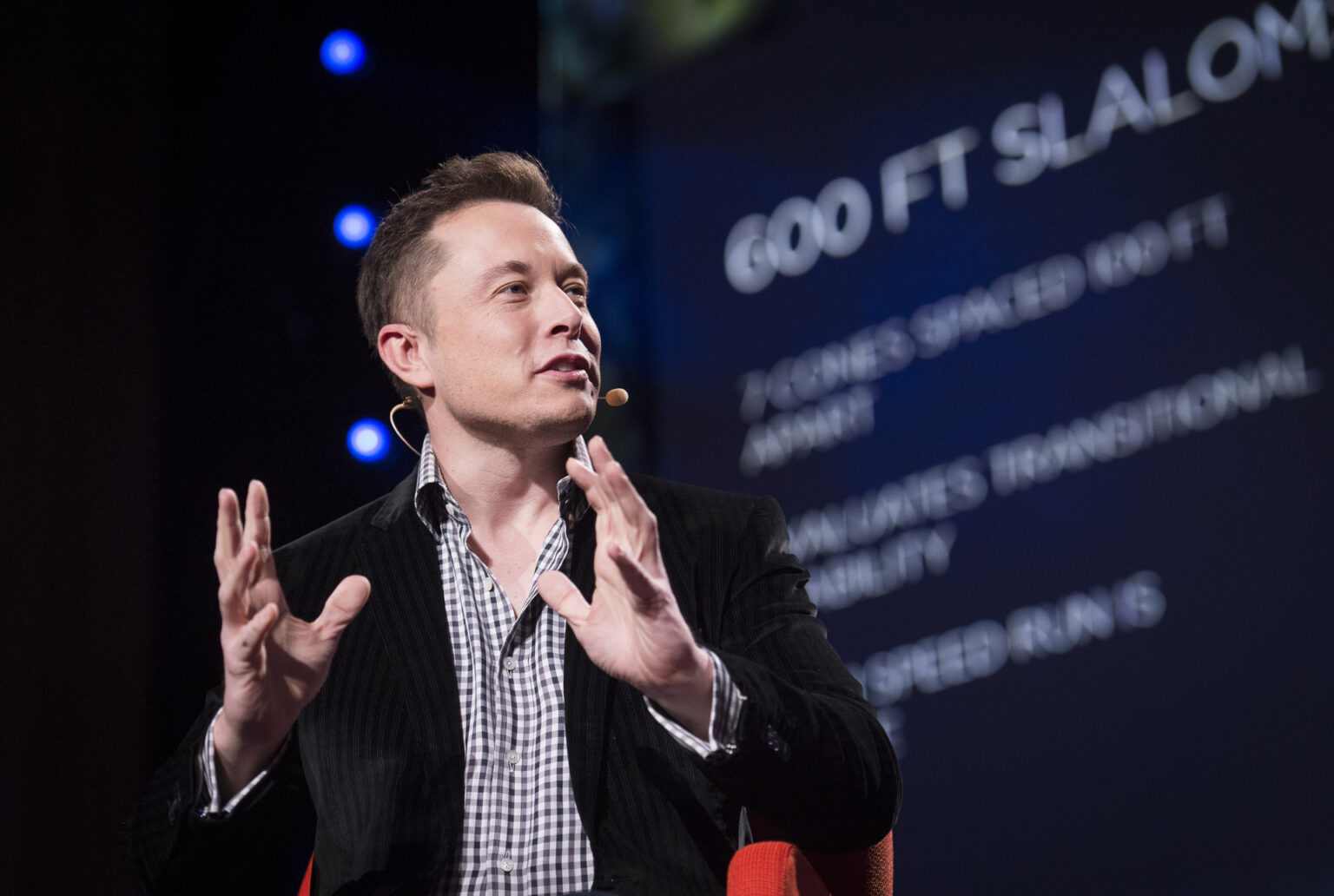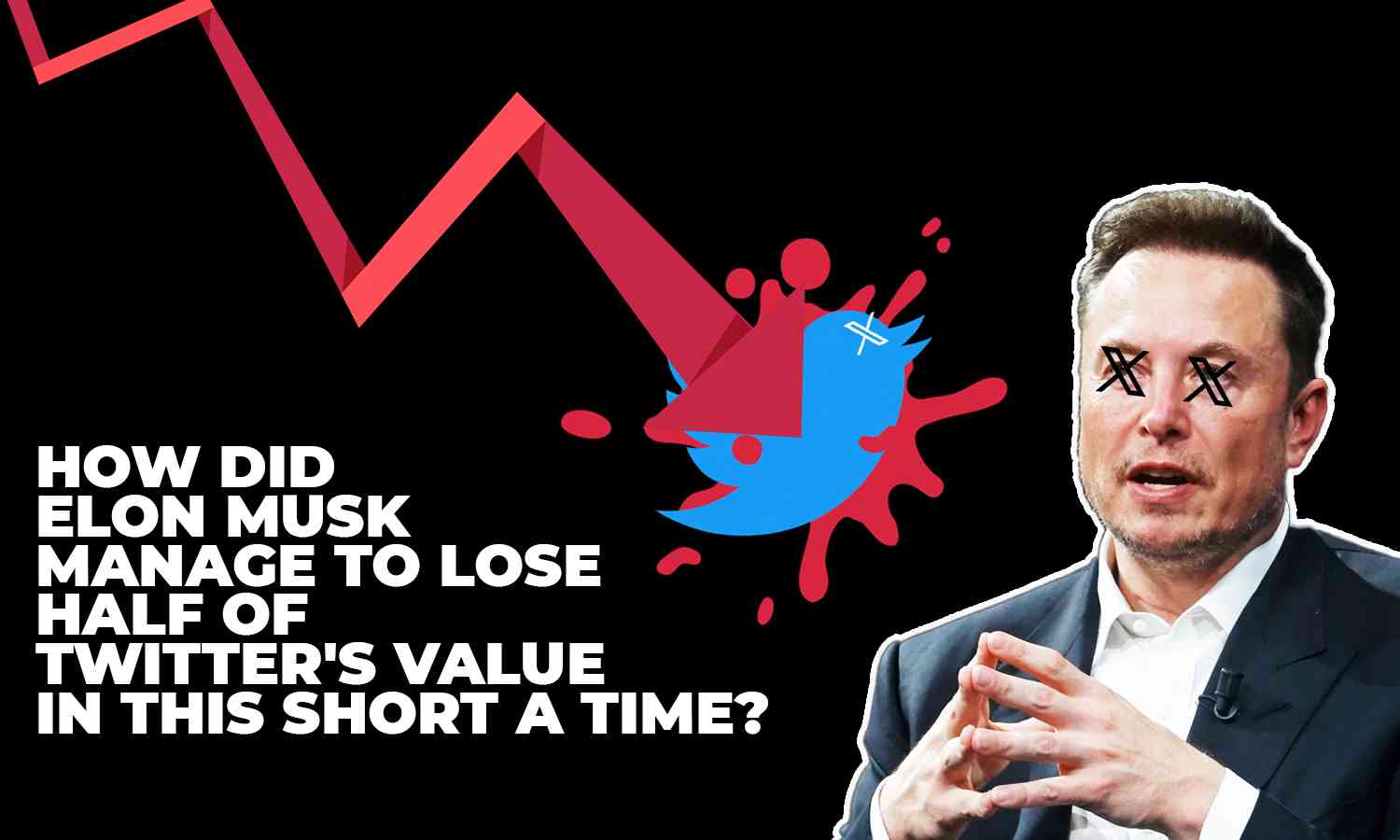In an unsurprising turn of events, Elon Musk's acquisition of Twitter, now rebranded as X, has witnessed a substantial decrease in its value. Musk's initial investment of $44 billion in 2022 has seen a significant reduction, with the company now valued at just $19 billion, equating to $45 per share. This drastic shift prompts an examination of the factors that have led to such a rapid decline.

The Acquisition Saga:
When Musk initially acquired Twitter, he attempted to downplay the price tag, citing market conditions. However, Twitter executives held him to his original statement. Even Musk's own estimate of the company's worth at $20 billion in March fell short by $1 billion when compared to the assessed value.
Operational Changes and Financial Struggles:
Under Musk's leadership, X underwent substantial transformations. A considerable portion of Twitter's workforce either faced layoffs or chose to resign. Additionally, alterations were made to the company's content policies, resulting in a significant loss of advertising revenue. The valuation report highlighted the financial hurdles X currently grapples with, including a $13 billion increase in debt and a 60 percent drop in sales.

Financial Implications and Banking Woes:
Musk's acquisition not only added a substantial amount of debt but also led to a 60 percent decline in sales. The banks involved in financing the deal continue to grapple with mitigating the adverse impact on their financial standings, expecting losses of approximately $2 billion. X remains in negative cash flow due to a combination of a significant drop in advertising revenue and a hefty debt load.
Transition to Paid Subscriptions and Future Prospects:
Musk's strategic pivot for X involves a move away from advertising towards paid subscriptions. However, the company has struggled to convince even 1 percent of its users to subscribe to its monthly premium service, generating less than $120 million annually. Despite these challenges, Musk envisions a future where X offers a range of revenue-generating features, from shopping and payments to audio and video calling, a hiring service, and a news wire, aiming to compete with established players in the industry.

Balancing Ambition with Pragmatism Elon Musk's ambitious vision for X as an "everything app" has been met with considerable challenges and setbacks. The rapid shift in value raises questions about the balance between innovation and practicality in the tech world. While Musk's penchant for disruptive ideas has driven groundbreaking successes in his other ventures, it has also, in this case, underscored the importance of measured approaches, especially when dealing with established platforms like Twitter. The Twitter saga serves as a reminder that even visionary leaders must navigate the intricacies of established industries with care.
Elon Musk's acquisition of Twitter, now X, has been a rollercoaster ride marked by significant changes, financial struggles, and strategic shifts. As the company navigates its path forward, it remains to be seen how Musk's vision for an "everything app" will unfold, and whether X can regain its footing in the ever-evolving landscape of social media and digital platforms. The journey of X under Musk's leadership serves as a testament to the delicate balance between audacity and pragmatism in the realm of technological innovation.






















